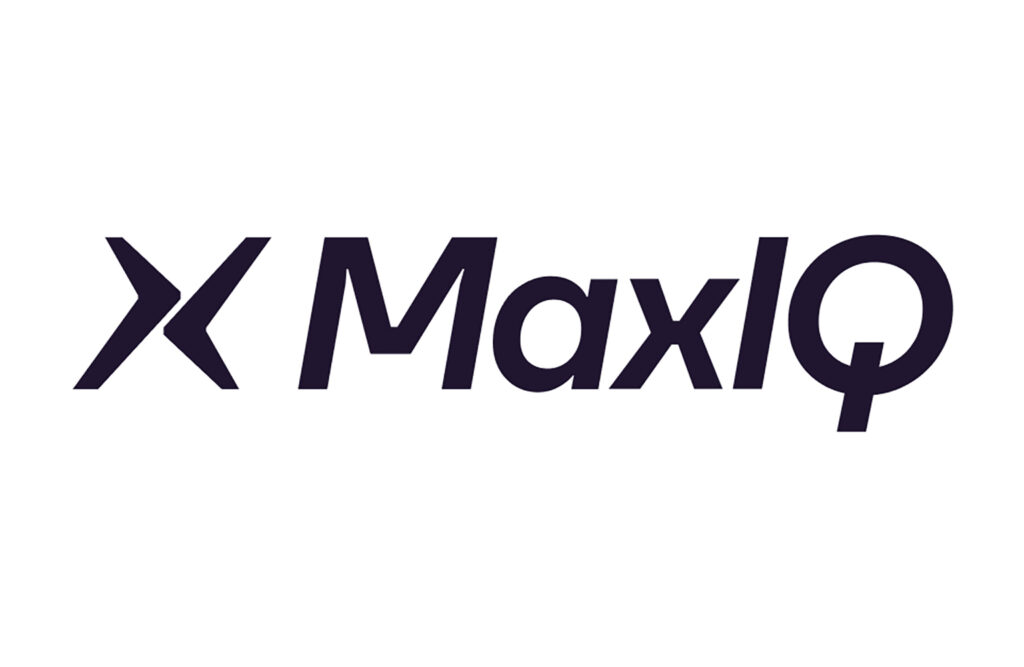
Opaque: Unlocking Secure, Data Analytics
Historically, enterprises stored their data and executed analytics using traditional approaches through on-prem data warehouses and analytics tools. However, key insights were falling short due to the limited capabilities of these tools. There have been recent developments as cloud service providers are offering cloud-native data warehouses such as Snowflake, Redshift and Databricks, as well as cloud-first AI platforms such as SageMaker, Vertex and several other inference services.
As these cloud-native tools and services have matured, the issue shifted from not extracting insights from the data to a lack of accessibility. Enterprises with lots of confidential data, such as personally identifiable information of users (PII data), are struggling to properly share data within and across organizations due to privacy laws and regulations.
Conflicting issues: Securing data and extracting insights
Data is an important asset, and it needs to be secured properly. From the finance and healthcare sectors with strict confidentiality regulations to the retail sector, a variety of industries need to protect their data to comply with regulations or prevent fraud. Encrypting your entire dataset secures your data at rest and helps to minimize risk. But if data is secured, how can others access it and properly analyze it?
Extracting insights from a large amount of data is not an easy task. An organization sometimes lacks the data science expertise required to properly utilize data and can face a bottleneck when trying to work through a massive dataset. Using external services can accelerate the time to insight (TTI) and focus on solving the business problem instead of investing additional time to build the tools and integrate them, but that only solves one part of the problem.
In some cases, organizations also struggle to gain insights if there is only a portion of the data available. Sharing data across organizations in a secure way can help uncover more key information and applying machine learning can expedite the analytics process. Is there a way to bridge the gap between data security needs and computation opportunities? How can we provide privacy-enhancing analytics and machine learning on confidential data regardless of data location?
Enabling your analytics library on top of encrypted data
A team in Berkeley is creating a solution to securely access and work with sensitive data. Born out of UC Berkeley's RISELab, Opaque Systems leverages a novel combination of two key technologies layered on top of state-of-the-art cloud security–secure hardware enclaves and cryptographic fortification. This combination aims to ensure that the overall computation is secure, fast and scalable. Opaque's data analytics platforms enable commonly used data analytics APIs such as Spark SQL and XGBoost to keep the user productivity high in addition to high computation productivity. Organizations can use Opaque to encrypt their confidential data on premises, upload the encrypted data to the cloud, and then analyze the encrypted data on the cloud. The platform's goal is to ensure that the data is never unencrypted during the lifecycle of the computation and that data owners retain full control over how their data is processed.
Opaque enables data collaboration for a shared goal of insight extraction and can be used in various use cases as inter-organizational collaboration, intra-organizational collaboration, and service supply. Enterprises can use Opaque to accelerate the transition of sensitive workloads to the cloud and combine encrypted data from within or across organizations to extract insights while complying with privacy laws and regulations.
Recently, banks have become early adopters of Opaque's solution by applying it towards anti-money laundering, fraud detection and credit risk. Banks with branches across different countries leverage data to find patterns that show evidence of money laundering. However, there are regulations that prohibit sharing data across borders without ensuring protections are applied. By utilizing Opaque's platform, several banks can securely share data between them to create a full detailed data set and help track trails of money and identify money laundering.
It will open the door for manufacturers to add a data service layer for their customers. A manufacturer of physical devices (e.g., wind turbines, cellular antennas or car systems) in the B2B world do not own the data the devices produce. The manufacturer can offer its customer a data service to better manage and maintain the devices while using customer data for analytics without exposing the data.
Accelerating towards an efficient future
The Intel Capital team is passionate about building a more efficient future. The ability to utilize data, create robust infrastructure and increase security are all elements that will get us there–and Opaque hits the heart of all three.
At Intel Capital, we support companies that can help develop markets faster and bring the future markets to today. Between security, flexibility, time limits and data at odds, most organizations have to give up a few, and it's usually flexibility and timeliness. Opaque's platform is creating a solution that is allowing organizations to no longer make these sacrifices and accelerate toward technology of the future. We see their platform greatly improving the efficiency of enterprises and companies like Intel and making a larger impact in the data analytics market. We're looking forward to supporting the Opaque team as it makes its grand entrance to the market and act as a strategic partner to tackle these issues head on to strive for a more efficient future.
The materials available at this web site are for informational purposes only. The opinions expressed at or through this site are the opinions of the individual author and may not reflect the opinions of Intel Capital, Intel Corporation or any of their affiliates or individual employees.




